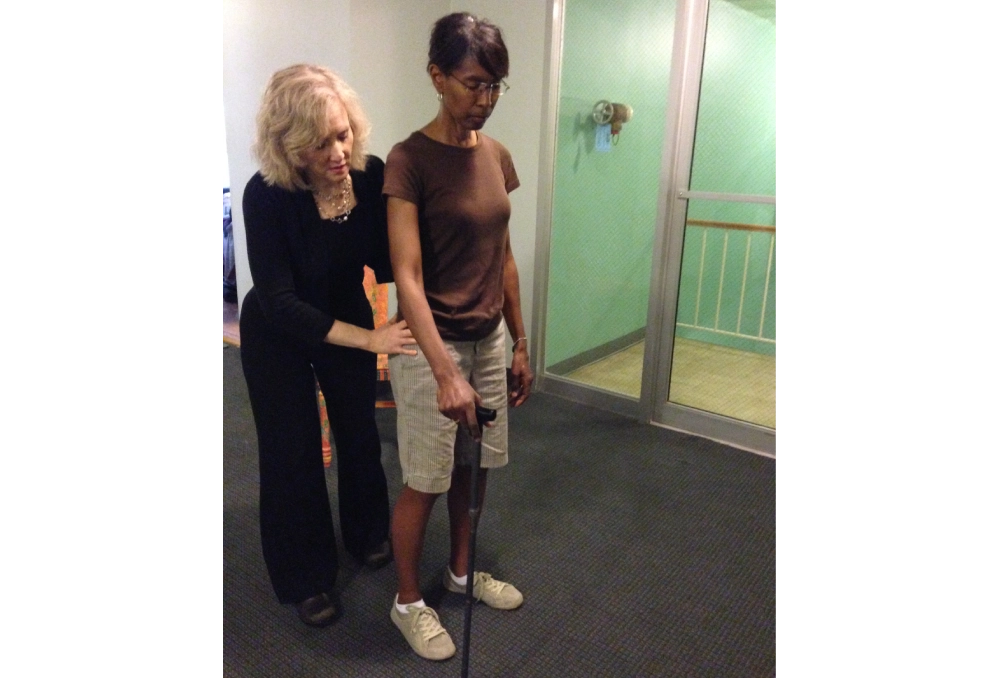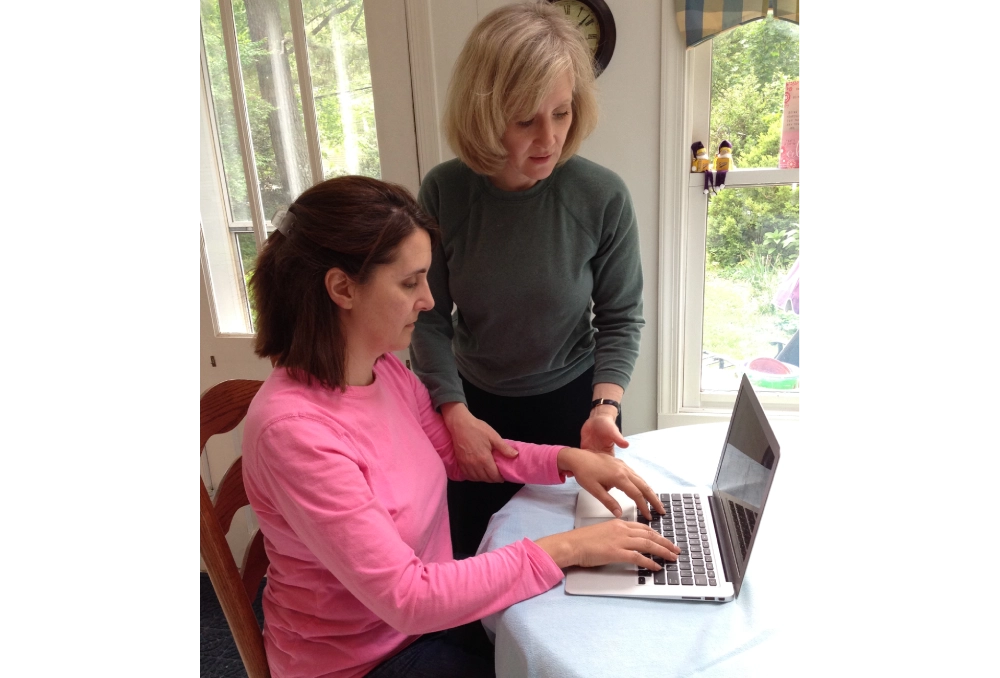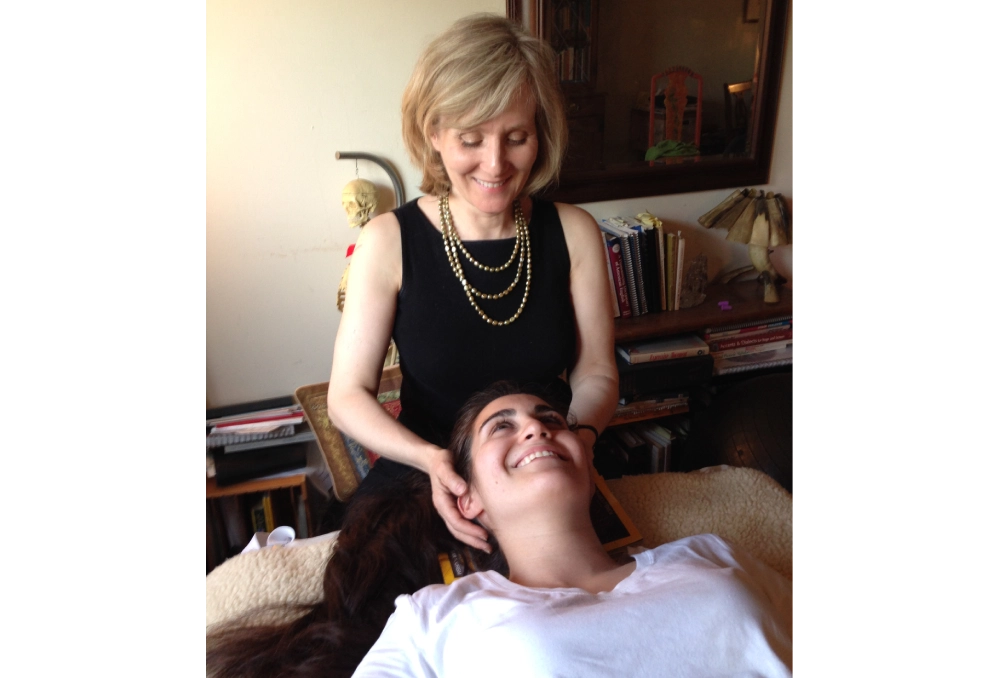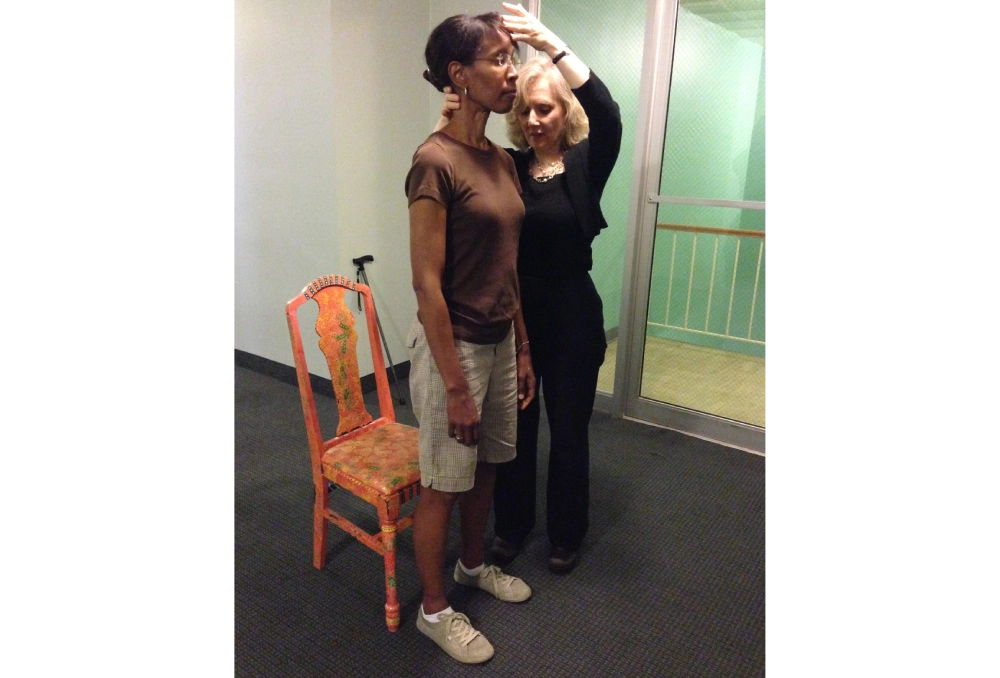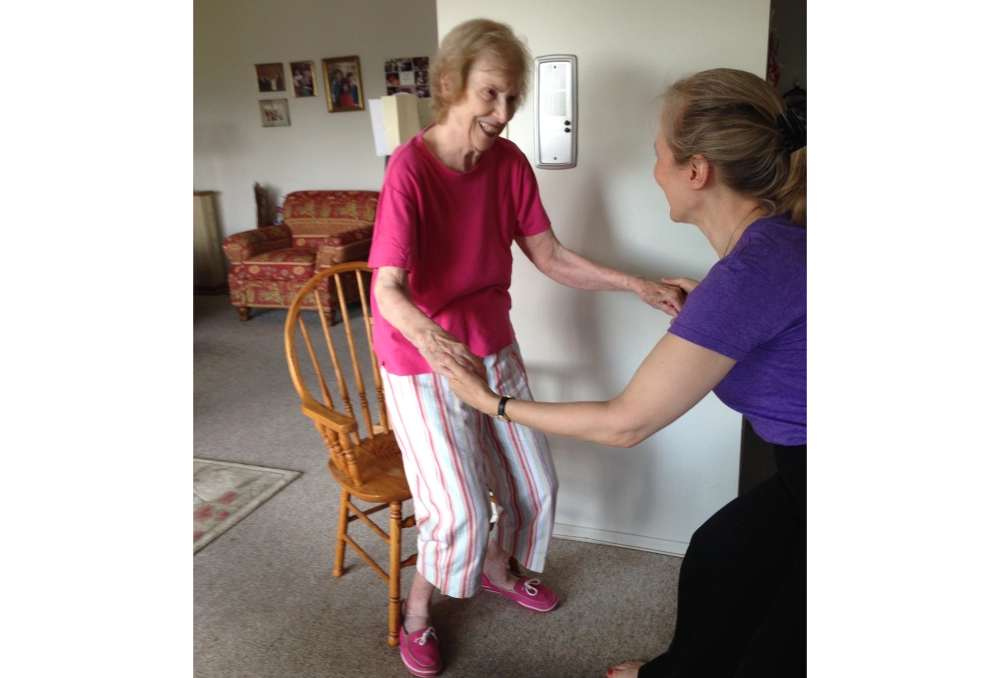Lessons in Alexander Technique, Estill Voice Training™, Feldenkrais®, Method, and the Lessac System, are not not medical therapies or treatments, nor are they substitutes for medical treatment where it is warranted. They are educational approaches with proven track records of their effectiveness. As a supportive complement to your medical care, lessons increase awareness of how you function in daily life and teach you to more effectively work with yourself. Study cannot change underlying structural or neurological conditions, but it can give you tools and strategies that help you make the most of what you have. Increasing your awareness of how you are using yourself in daily life empowers you to make informed choices that improve your function and quality of life.
